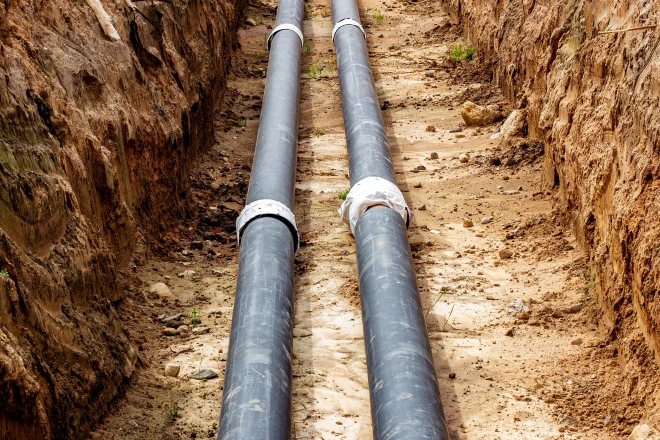Custom Home Builders Deliver Custom-Designed Homes With Precision And Passion
Custom home builders specialize in transforming these dreams into reality, delivering homes that are perfectly tailored to the unique preferences and lifestyles of their clients. With a combination of precision, creativity, and passion, these professionals turn visions into beautifully crafted living spaces.
Personalized Design for Every Homeowner
Every family has its own story, lifestyle, and aspirations. Custom home builders excel at translating these elements into thoughtfully designed homes. From the layout to the smallest finishing detail, every aspect of a custom-built home is tailored to the homeowner’s vision. Leading new home builder traralgon delivers beautifully designed homes suited to contemporary family living.
Key features of personalized design include:
- Flexible floor plans designed to match lifestyle needs
- Interior layouts that maximize space, light, and functionality
- Unique architectural details that reflect personal taste
- High-quality finishes and materials chosen by the homeowner
This personalized approach ensures that each home is truly one-of-a-kind, providing comfort, style, and practicality.
Expertise and Precision in Construction
Custom home building requires a high level of technical expertise. Builders bring years of experience, precision, and attention to detail to every project. They carefully plan and execute each phase of construction, ensuring that the final home meets the highest standards of quality and craftsmanship.
What sets custom builders apart:
- Meticulous planning to ensure smooth construction
- Skilled craftsmanship for flawless execution
- Attention to structural integrity and long-term durability
- Incorporation of the latest building techniques and sustainable practices
By combining expertise with a commitment to excellence, custom home builders guarantee homes that are both beautiful and built to last.
Passion That Brings Dreams to Life
The hallmark of exceptional custom home builders is their passion for creating homes that inspire and delight. They understand that building a home is not just a project it is a lifelong investment in happiness and comfort. This passion is evident in the care they take with every detail, from the foundation to the finishing touches.
Benefits of working with passionate builders:
- Enthusiastic collaboration with clients throughout the process
- Creative solutions for unique design challenges
- Dedication to exceeding expectations
- A seamless and enjoyable home-building experience
Passionate builders ensure that the home-building journey is as rewarding as the final result, turning dreams into tangible reality.
Choosing a custom home builder allows homeowners to enjoy the ultimate in personalization, quality, and craftsmanship. With precision, expertise, and genuine passion, these professionals deliver homes that are a perfect reflection of the people who live in them. Every custom-designed home is a masterpiece, blending functionality, style, and individuality into a space where families can thrive and create lasting memories.







